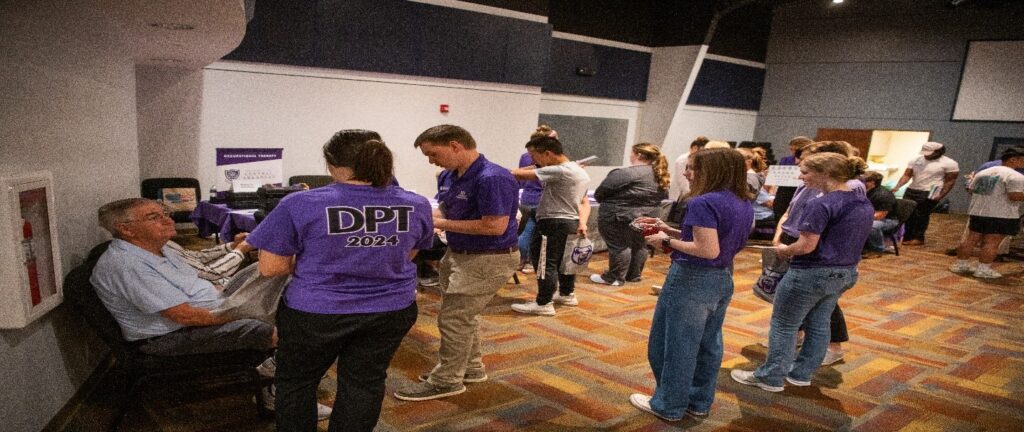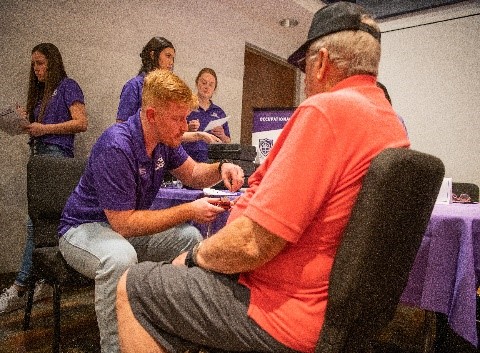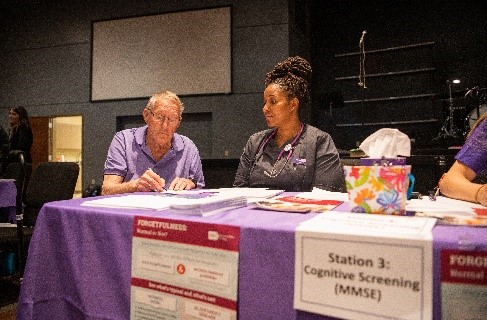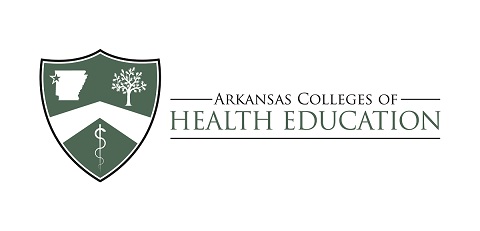Summer 2023 Newsletter
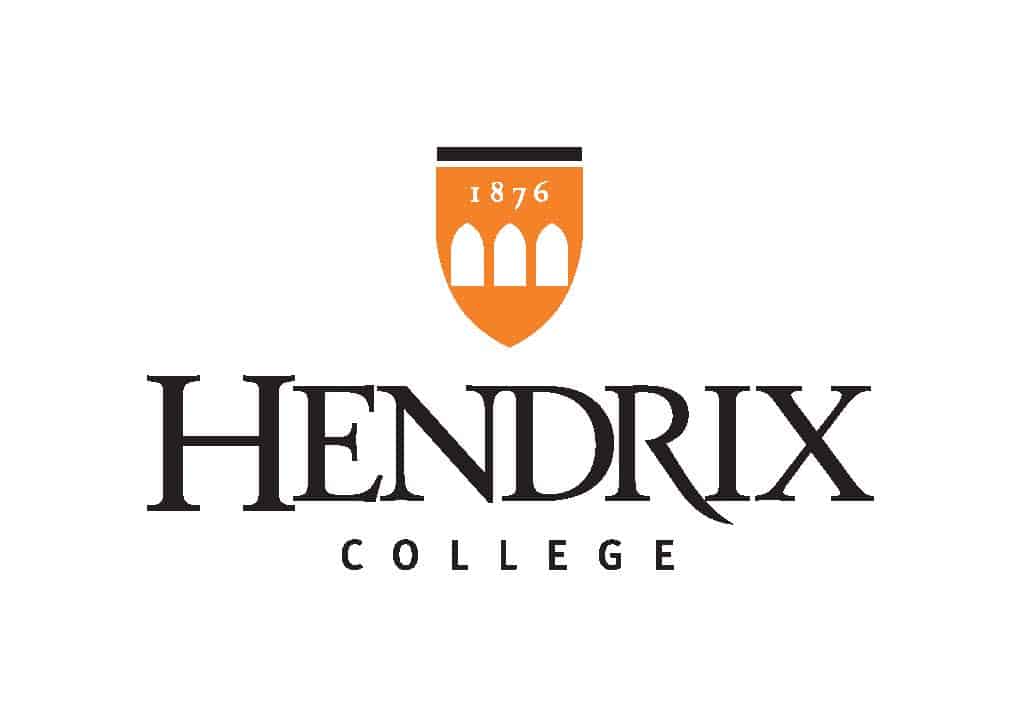
Dr. Peter Gess, Professor of Politics
Students: Kiera Boop, Raven Johnson, Kayla Grabinski, and Phillip Powell
Hendrix College, Department of Politics
As the average age of Arkansas’ population rises, so does the urgency of planning for walkable streets, diverse transportation options and housing, and a variety of activities and services. In partnership with AGEC and AARP Arkansas, students in the Hendrix College course, Advanced Policy Analysis, studied older Arkansans views of livable communities. Students began by creating a telephone survey; this survey was completed by Hendrix and Talk Business & Politics during March 2023.
About the Participants
901 Arkansans completed the automated telephone survey. 68.8% of the respondents were between 65 and 74 years old; 31.2% were 75 years old or older. 87.5% identified as White, non-Hispanic; 6.3% as Black; 0.7% as Hispanic; 0.6% as Asian/Pacific; and 5.0% as other, preferred not to answer, or mixed. 60.2% identified as women, 39.1% as men, and 0.8 as other or preferred not to answer. 23.8% identified their community as urban, 36.2% as suburban, and 40.1% as rural.
Survey Findings
For most questions, at least half of the respondents indicated that they were satisfied with quality-of-life issues. For example, 59.9% of respondents state that the quality of life for older persons is better in Arkansas than other states, or the same as in other states (13.7% state that it is worse, 26.3% don’t know). 86.6% are happier or somewhat happier now than when they were younger (14.0% are less happy now). Importantly, nearly two-thirds of survey participants plan to continue to live out their lives in their current location. Most older Arkansans, 69.2%, feel safe in their communities (and another 27.5% feel “somewhat” safe).
However, there are large differences in the responses between rural and urban/suburban respondents. Rural respondents are much more likely to be satisfied with the cost of living (44.3% of rural respondents find it inexpensive where they live, as compared to 28.0% of urban respondents). In contrast, access to health care and groceries are more challenging for rural, older Arkansans. Only 5.1% of urban respondents travel more than 15 minutes to a grocery store, while 27.1% of rural respondents travel more than 15 minutes (nearly 2% travel more than 30 minutes). Similarly, only 35.0% of urban respondents travel more than 15 minutes to meet their health care needs; 65.9% of rural respondents must do so (with 25.8% traveling more than 30 minutes). Only 2% of urban/suburban respondents are dissatisfied with their healthcare; 11.4% of rural respondents are dissatisfied.
Information and technology needs follow a similar pattern. 2.4% of urban/suburban respondents lack access to fast and reliable internet; 13.3% of rural respondents lack access. Perhaps unsurprisingly, 27.5% of rural respondents state there are not enough interesting recreational activities nearby (compared to only 13.0% of rural/suburban respondents). Rural respondents are divided on the types of activities they would most like to see; they prefer restaurants/shopping (27.4%), but also list outdoor activities (11.9%), indoor activities (11.9%), and arts/entertainment activities (11.1%).
Policy Recommendations for the City of Conway, Arkansas
As a component of the Advanced Policy Analysis course, students utilized the survey results and additional research to develop a list of policy recommendations for the City of Conway, where Hendrix College is located. In 2020, the city performed a citizens survey and found that 64 percent of the respondents found Conway to be a good or excellent place to retire; however, this was the lowest percentage of all similar categories (e.g., Conway is a excellent place for families, children, etc.).
The Talk Business & Politics survey results are listed by US congressional district; although the students were unable to identify Conway-specific respondents, they were able to generalize using the Arkansas 2nd Congressional District (it is important to recognize that Little Rock is also located in the 2nd District). 81.6% of 2nd District respondents feel government should be more responsive to their needs. This is higher than for the other congressional districts.
43% of 2nd District respondents interact in person with family, friends, or social groups outside the home once a week, or less frequently. Before the pandemic, 91.2% of older Arkansas residents were somewhat or very satisfied with their level of social connection; during and after the pandemic, there was a 12.5% decrease in this level of satisfaction (2022 Hendrix College-Talk Business survey).
Recommendations for the City of Conway include:
- Establish a citizen-advisory committee to advocate for the needs and concerns of older residents;
- Hold public forms to solicit input from older residents;
- Extend the hours of the Farmers Market;
- Create more intergenerational traffic at local events by including new vendors with multigenerational interests (art, food, coffee, clothing, etc.);
- Develop marketing and advertising strategies that target older residents;
- Ensure all city events have sufficient and accessible seating; and
- Continue plans to develop a Conway Entertainment District.
Educating and Sharing Information
On April 17, 2023, in partnership with AGEC and Arkansas AARP, Hendrix College hosted the symposium, “Creating Livable Communities for Older Arkansans.” The program featured a variety of speakers and topics, including:
- Mike Watson, director of livable communities for the national office of AARP, provided an overview of livable communities;
- Ashley McBride, state director of AARP Arkansas, shared about livable communities on the local level, including AARP’s work in Little Rock;
- Hendrix students presented their research findings and policy recommendations.
The symposium recording can be found here: https://vimeo.com/event/3237520


